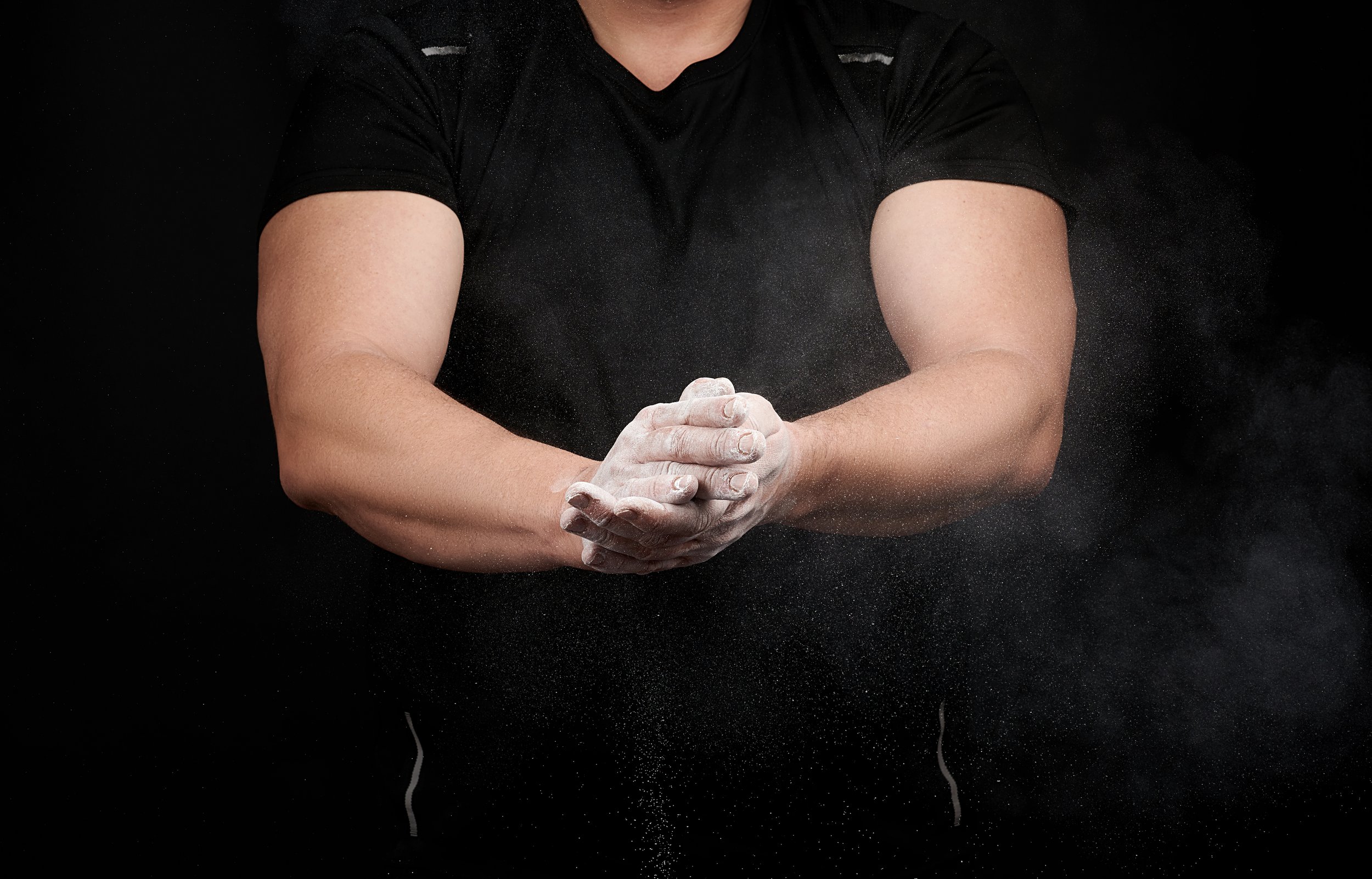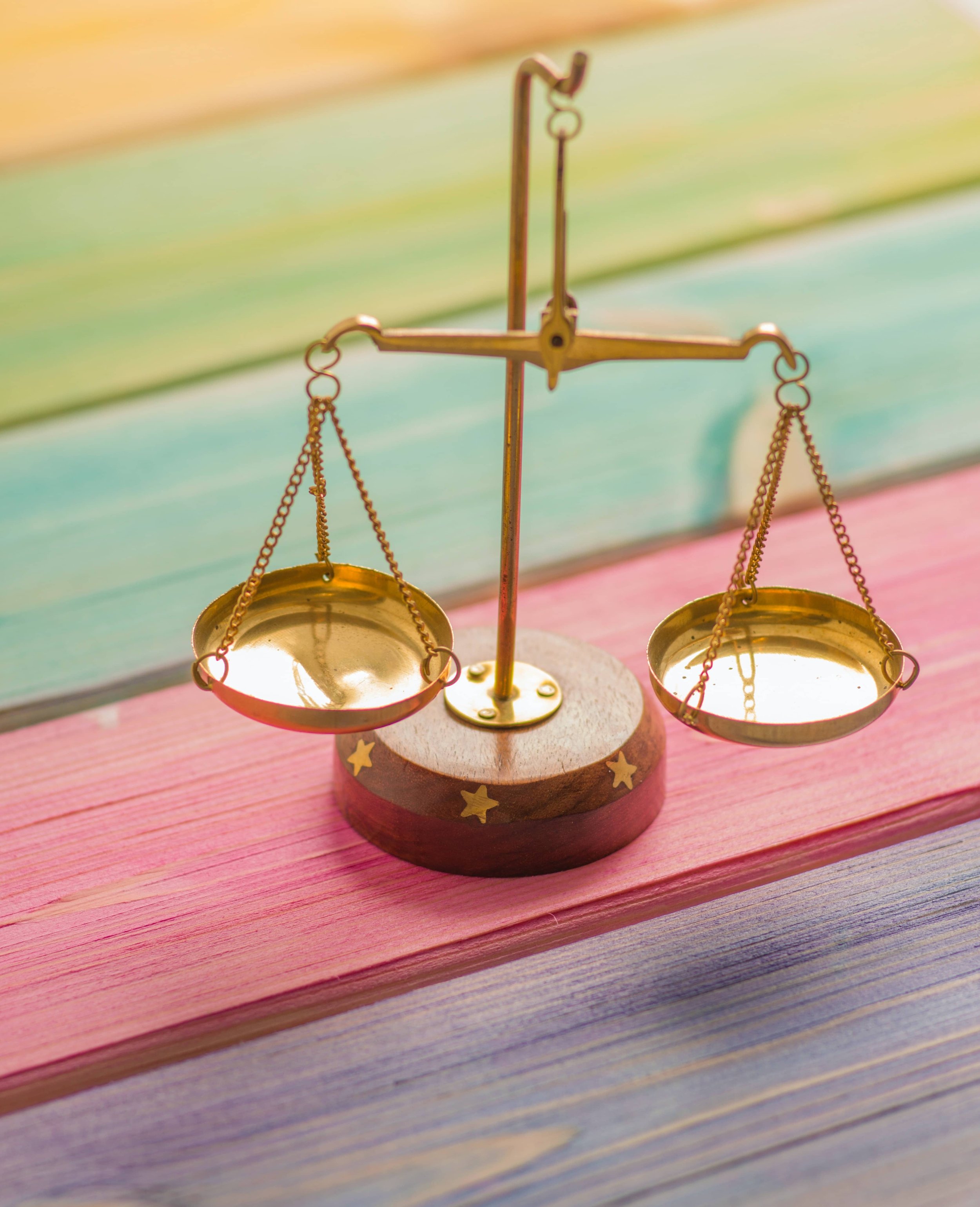13 Reasons Women Don’t Really Want Equality.
Do women want equality? — or just a pick-and-choose buffet of benefits?
Men frequently hear the call for equality from the female collective – but is equality what women really desire? If so, their actions seem inconsistent with this goal. The modern woman’s behavior seems to echo the unspoken belief that women are superior to men and should be treated accordingly. Gents, should you treat women exactly the way you would a man? Sure, if you want to be called a misogynist. No, women want to cherry-pick the most advantageous of traditional and modern gender roles. This is Selective Equality, not true equality. Here are 13 Questions that cast doubt on the gender equality narrative:
1. Do women use men for money?
Women make as much money as men now (adjusted for work behavior). Still, polls indicate financial success is second on the list of desirable traits in a man. The current trend is for many women to have unrealistic expectations for their ideal man’s earnings, sometimes as much as $300K/year or more before considering potential suitors. The Delusional Women's Calculator, an application created by a frustrated North American man in response to the current dating market, utilizes a woman’s criteria for acceptable parameters like income, height, weight, race, etc. to calculate the chance of her meeting her ideal man in the United States. Most women score ridiculously low with results of .0017% or lower, indicating a successful midnight gambling trip to Las Vegas may be a more fruitful aspiration. These slanted expectations should of course be viewed as red flags in dating and relationships.
2. Why do women objectify men and women?
Women don’t like to be objectified as physical objects by men. Yet, Men are objectified as Walking Wallets. Per a Plenty of Fish study, more than 1 in 5 women — 22% — say they wouldn’t date a man who made less money than they do (survey of 3,000 singles across the U.S.).
Women also objectify men physically based on height. Most women report they won’t date a man under 6’0 tall, even though only 14% of men meet this criterion. Frankly, what correlation to a life partner’s quality does height have in the modern world? How would women react if a man said he only dated women with Double D-sized breasts and thin figures?
Interestingly, a gaze-tracking study at the University of Nebraska-Lincoln indicated women objectify other women much like men [unl.edu]. Both look at the sexual characteristics of a woman rather than the whole picture, objectifying her based on her respective body parts. The reasons for the behavior may be different, social comparison from women and sexual interest from men, but why the hypocrisy? Both sexes objectify, why are only men held to task for it?
3. Why are victimized men ignored?
Since the advent of the Me2 Movement, a spotlight has been shone on certain men who may or may not be guilty of abusing women. Unfortunately, this development has also resulted in an erosion of the required evidence and due process required to level such allegations. In fact, with loud clamors to “Believe Her” with no burden of proof, men have been forced to navigate every aspect of their personal and professional lives as if skating on rollerblades made from eggshells over a roof trussed by a house of cards. Regarding men, however, feminists don’t believe a man can be raped, and that all sex is good for a man. Victimized men and boys have been vastly ignored.
A 2014 UCLA paper released by law professor Lara Stemple revealed the number of male sexual violence victims was 1.267 million compared with 1.270 million women [vice.com] when the definition of sexual violence included men who were made to penetrate women.
Intimate partner violence was found to be female-initiated 16% of the time per a study in Tennessee (Feder & Henning, 2005) and 35% of the time per a study in New Hampshire (Miller, 2005). This doesn’t even count the many men who never report violence due to shame. Yet these men are seldom included in women’s narratives about violence, which frame males as the sole perpetrators.
4. Who gets off the sinking ship first?
Polling [telegraph.co] suggests women believe times of danger require men to sacrifice themselves first—but why? If women are equal to men, if the values of their lives are equivalent, why should women receive preferential treatment in the case of disaster? Like the adage says: there are no feminists on sinking ships. Women want equality until there is physical danger. At that point, they are okay with reverting to traditional gender roles and pitching the men into the cold, dark sea.
5. Are women ready to be drafted?
Despite feminists' declarations for equal treatment, these sentiments do not seem to extend to registering for the draft and potential military service. Per 2016 polling data from Rasmussen, only 36% of females think women should be eligible for the draft [rasmussenreports].
6. Why do women romanticize infidelity?
Any session of current stream binging will likely end up with you suffering through a Harlequin-esque movie where the Heroine is struggling between her desire for the security of a “Good Man” at home and a “Bad Boy” in the streets. Frequently, the resolution and lesson from these films seems to be that our Main Character can have it all. Hubbie and side-d*ck, too.
Do we see a similar compassionate take on the unfaithful husband? His struggles with middle age and acceptance of his waning youth. The years of attrition on his masculinity and self-respect due to a thousand little cuts and indignities. The boyish swell in his pride in response to the slightest praise from an attractive woman. No. He is depicted as an over-sexed, narcissist who couldn’t help but abuse his position of power to make the beast with two backs with his secretary and break his sacred vow.
The truth is far different as women cheat as much or more than men. Millennial women cheat 11% compared to 10% for men ages 18-29 (The Institute of Family Studies, Social Survey).
7. Can men go into women’s locker rooms too?
Since a 1978 U.S. district court ruling, female sports journalists have been allowed in MEN’S locker rooms, regardless of the men’s potential nudity. And yet, are male journalists allowed into female locker rooms? No, they are not.
8. Is it okay for Men to have female friends?
Women are very critical of married men who have female friends and typically assume there is cheating going on. However, it is perfectly okay for females to have male friends. This is a blatant double standard that assumes a man must hit on any female in his proximity, which simply isn’t true.
A study [Daily Mail] by Australia’s Monash University indicated multiple opposite-sex friends make men 40% less attractive, compared to women at only 10%.
9. Why can’t men cry?
It is perfectly permissible in society for women to cry, even in professional circumstances. But, if a man cries, many women report feeling less attracted to him. This is despite proclaiming they want a man who is in touch with his feelings. Even though every man has his individual view on the definition of masculinity and its masculinity’s role in society, men aren’t unfeeling robots. Yet, women seem to want convenient automatons willing to sacrifice themselves for women and society without even a tear.
10. Why can women degrade the male gender with impunity?
Is it okay to constantly attack an entire gender of people that often widely vary in behavior? Feminists in the media attack the entire state of manhood almost daily - how does this affect male self-image?
Women hotly respond to articles noting negative female behaviors. What would women think if the genders were reversed in these articles by celebrated feminist writers: “Men are Irrelevant” by Fay Weldon, “Men are Obsolete” by TIME, or “Are Men Necessary?” by Maureen Dowd. Is this blatant, one-sided expression of hostility toward the opposite gender acceptable?
11. Why are men shamed for dating younger women?
Women in their 20’s tend to date older men, yet older women tend to shame older men for the same behavior. Women accuse these men of being predatory. For instance, take female writer Tanya Sweeney’s Irish Times article ‘Older men’s fixation with younger women really boils my kidneys’. Still, 56% of women prefer dating older men [ zoosk.com].
Dating app response data has peak attractiveness at approximately 18 for women and 50 for men. Doesn’t this trend seem to indicate men will naturally be drawn toward younger women? Especially when older women have more trauma, emotional baggage, and hampered pair bonding due to the additional relationships they have endured.
12. Why don’t Women do dirty jobs?
Women are reported as physically capable as men, yet men tend to get stuck with the dirty, risky, and physically arduous jobs at work and home. Jobs that women could do — but choose not to. For example, 99.19% of mechanics, technicians, and electricians are male and 95.83% of construction and building workers are male [careersmart.org]. Even home maintenance tasks like cleaning gutters, mowing the lawn, or shoveling snow always get shuffled into the man’s to-do list.
13. Why don’t women pay for dates too?
When two male friends go out to a bar or restaurant, one guy doesn’t always get stuck with the bill. Most Gentlemen would have a sense that this was inherently unfair. 72% of women [money.com] do expect the man to pay for the date. This is despite the elimination of the Gender Wage Gap. One ABC news piece found a woman pulled in $1200 in just one month from first dates – wow!
Women say it’s a tactic to see how much the man values the woman, but doesn’t that go both ways? A woman who truly believes in equality will demonstrate reciprocity by helping to pay for dates. Reciprocity is a green flag for marriage-worthiness.
If a woman doesn’t make any effort to pay for the date, how does this portend for her behavior in a potential future relationship? Will she be a passive Queen, expecting the man to be honored by her mere presence? If she doesn’t take an active part in contributing to the relationship in the beginning, why would a man think she will become more equitable over time?
Conclusion
Women may vocalize they want equality, but they just want to accept only the modern and traditional gender roles that serve them, without any intellectual consistency. Will this improve in the future? Frankly, if we are looking for a behavior change or re-leveling of expectations from women en masse, I doubt it. Rather, I see knowledge sharing and behavioral adaptations from men as a collective being the only appropriate and likely response.
--If you enjoyed my article, feel free to leave a comment or follow me on Facebook and Twitter. I’d love to hear your thoughts! Consider joining our Bonfire Network, a pipeline of information for connected men.



![Synergize for Success with these 12 Simple Habits [The Win Strategy for Life].](https://images.squarespace-cdn.com/content/v1/64022a4400740d00e1487efc/1704481344110-15SJXQMYN9XYA5S42HIY/smiling-handsome-businessmen-hugging-and-looking-a-2023-11-27-04-50-31-utc.jpg)
![How Does Synergy Lead to Success in Life? [Why Purposeful Living is Key].](https://images.squarespace-cdn.com/content/v1/64022a4400740d00e1487efc/1707428245575-J1HG8D5K107DQV6AL4WT/_9e23e4e9-8f45-43de-99f3-457050bf4968.jpg)
![How Do Men and Women Communicate Differently? [A Comprehensive Guide on Bridging the Gender Divide.]](https://images.squarespace-cdn.com/content/v1/64022a4400740d00e1487efc/1706744853382-MUMWHVZNH11PYWATCO6V/_91375955-8da9-4535-bbf0-4eaf4ee0c856.jpg)



![The Rise of the Bitter Woman Syndrome [A Man’s Perspective]](https://images.squarespace-cdn.com/content/v1/64022a4400740d00e1487efc/1707609869660-MWMI0O984XBV5RWGG511/emotional-plus-size-model-standing-in-studio-holdi-2023-11-27-05-08-55-utc.jpg)
![Why Can’t Men Have Their Own Spaces Anymore? [And How It’s Harming Men.]](https://images.squarespace-cdn.com/content/v1/64022a4400740d00e1487efc/1699894290067-638UGOSDLHCU4X1FEVMI/men-playing-in-gamble-2021-09-24-03-51-26-utc.jpg)


![The 13 Pillars of Joy for Men [How to Find Happiness as a man]](https://images.squarespace-cdn.com/content/v1/64022a4400740d00e1487efc/1707611439989-795DJQTGDVMMM9PXS3GN/man+smiling+in+joy+in+front+of+pillars.jpg)